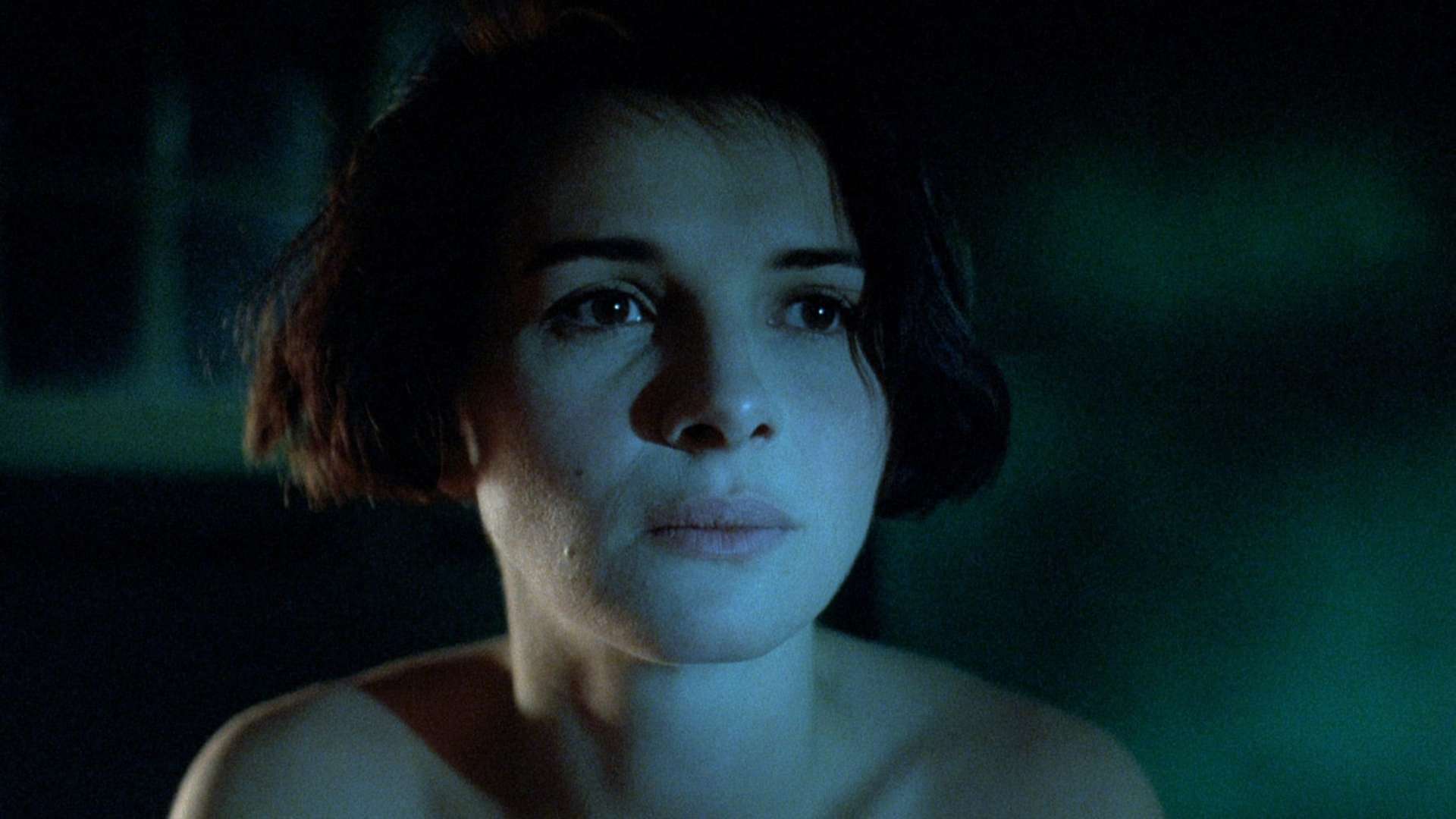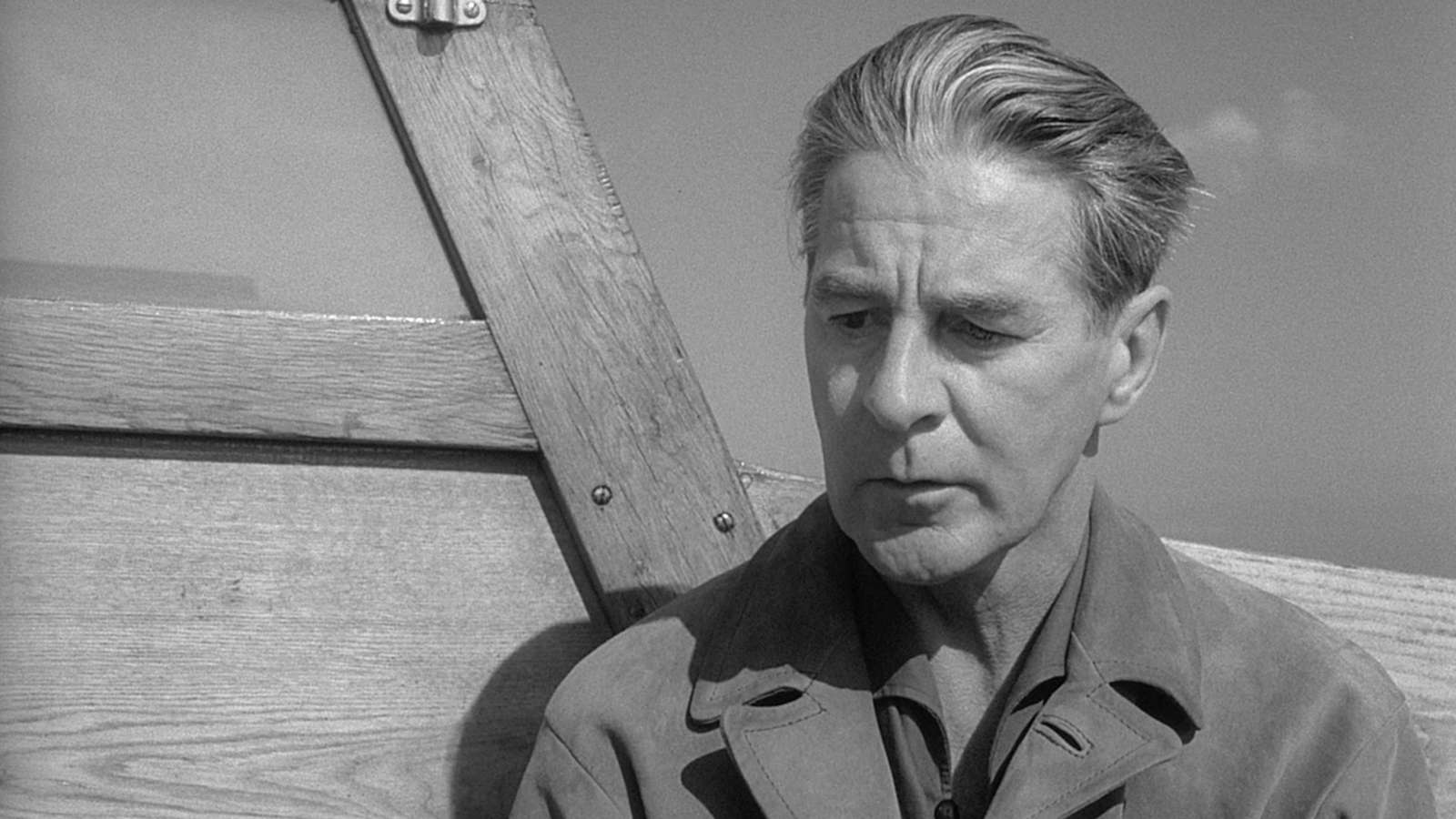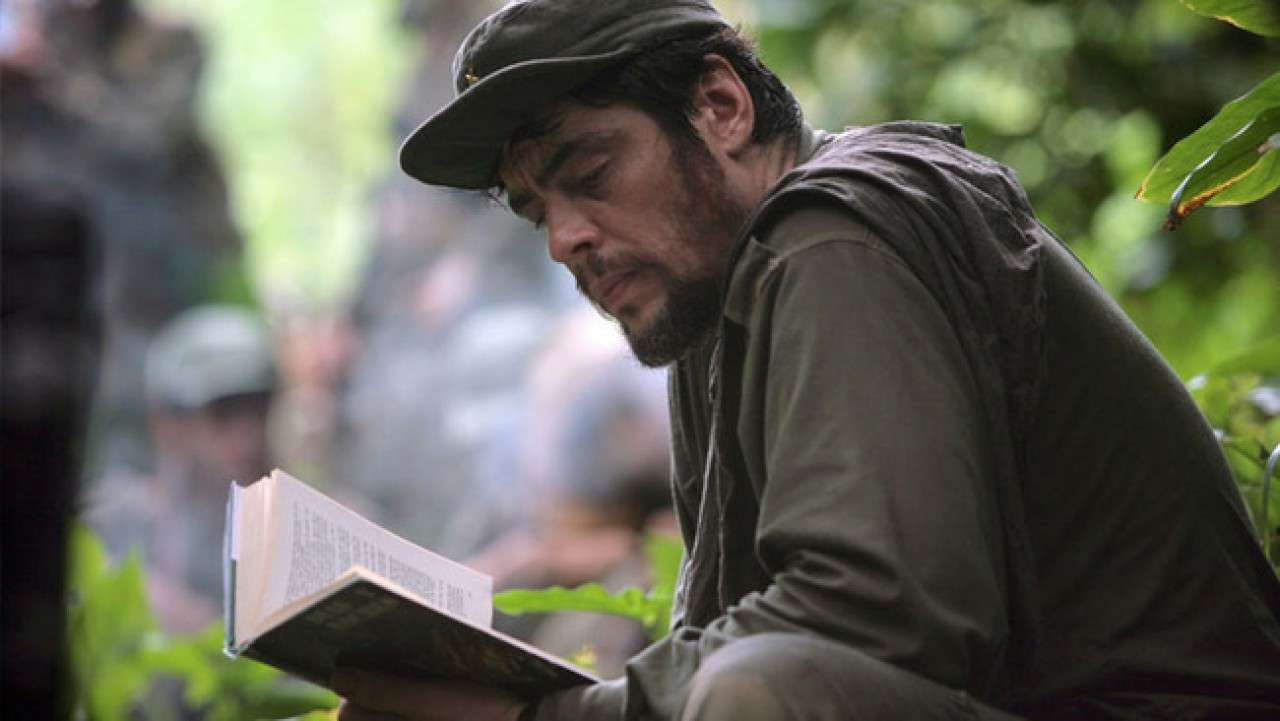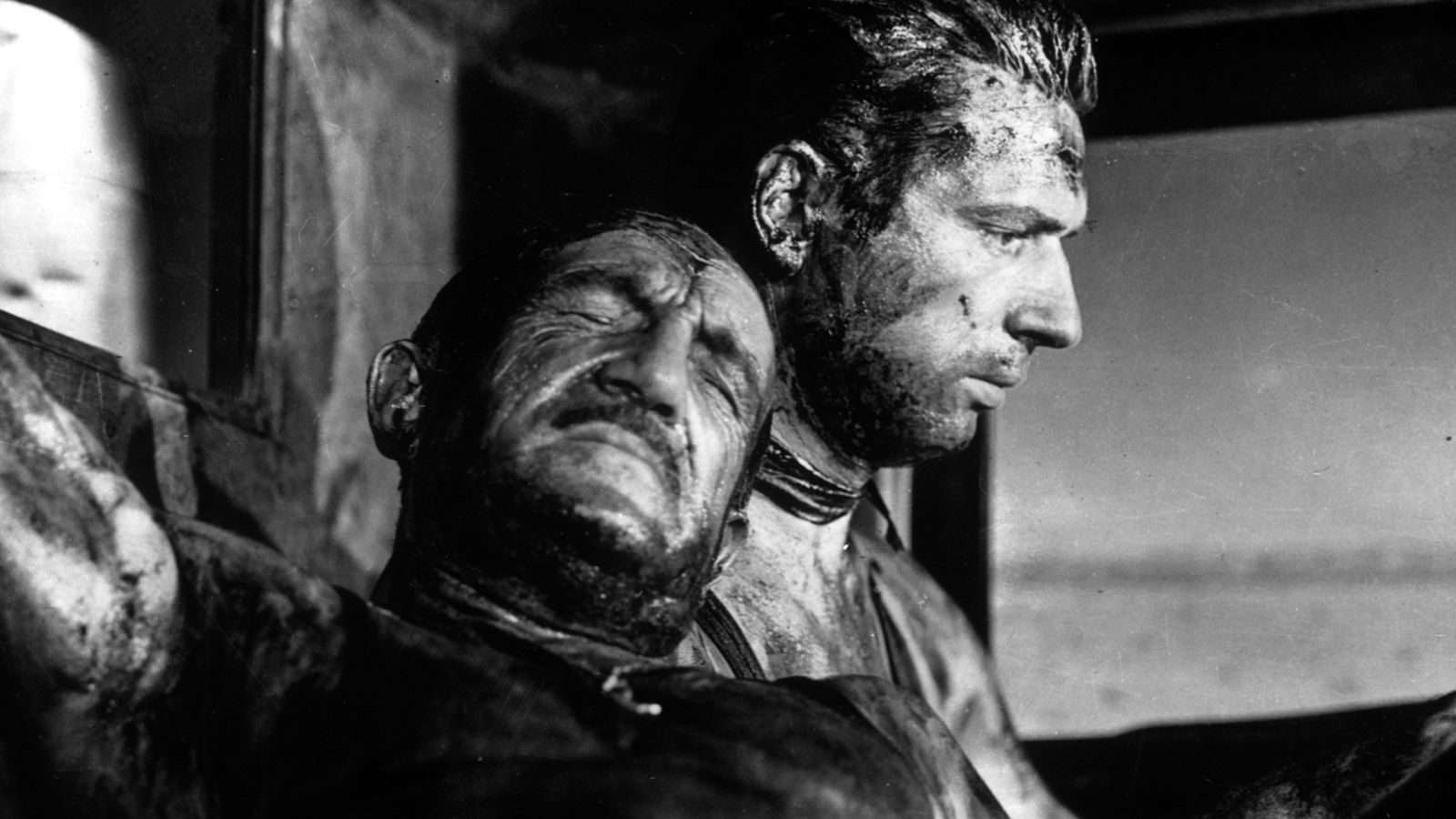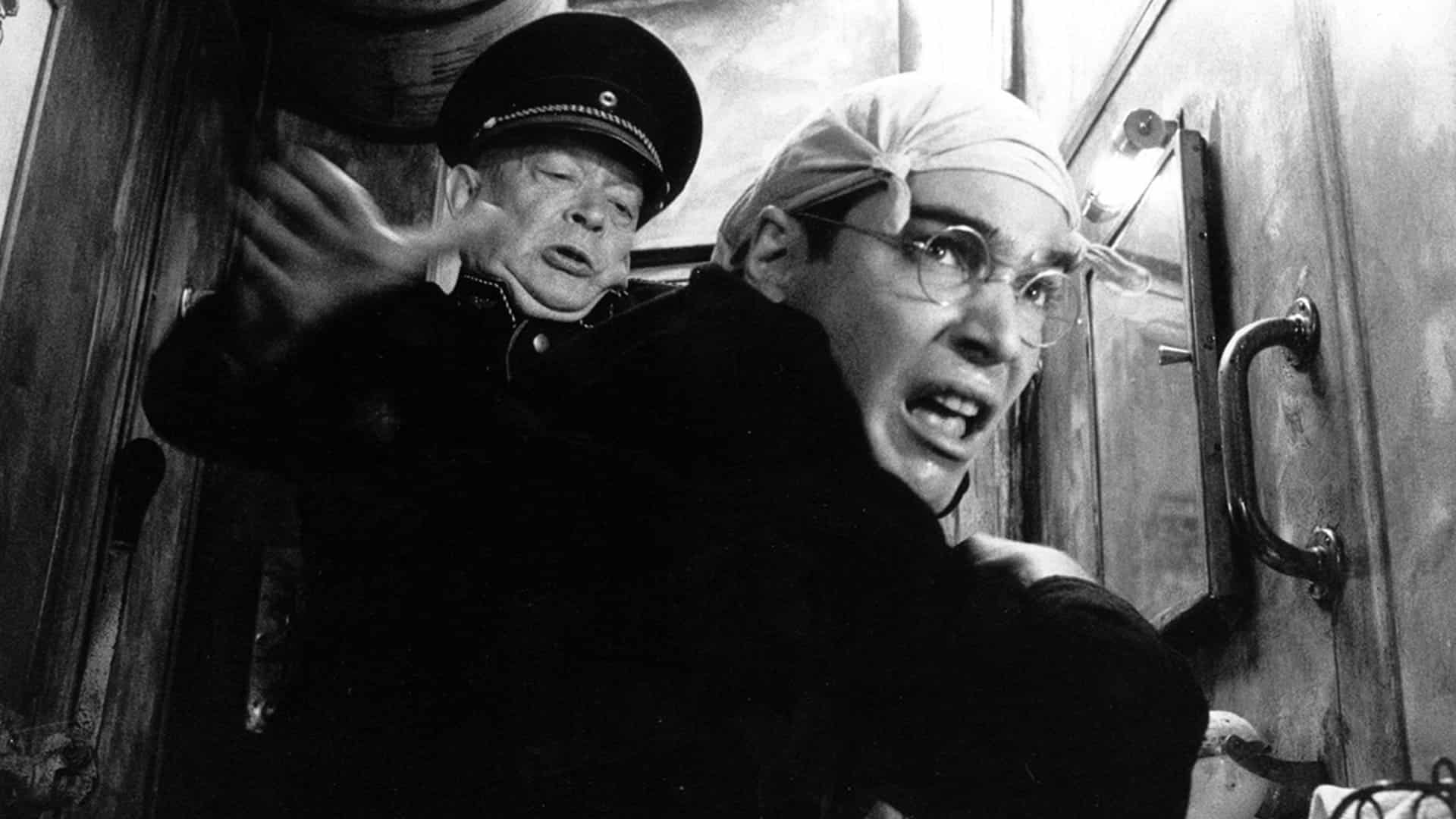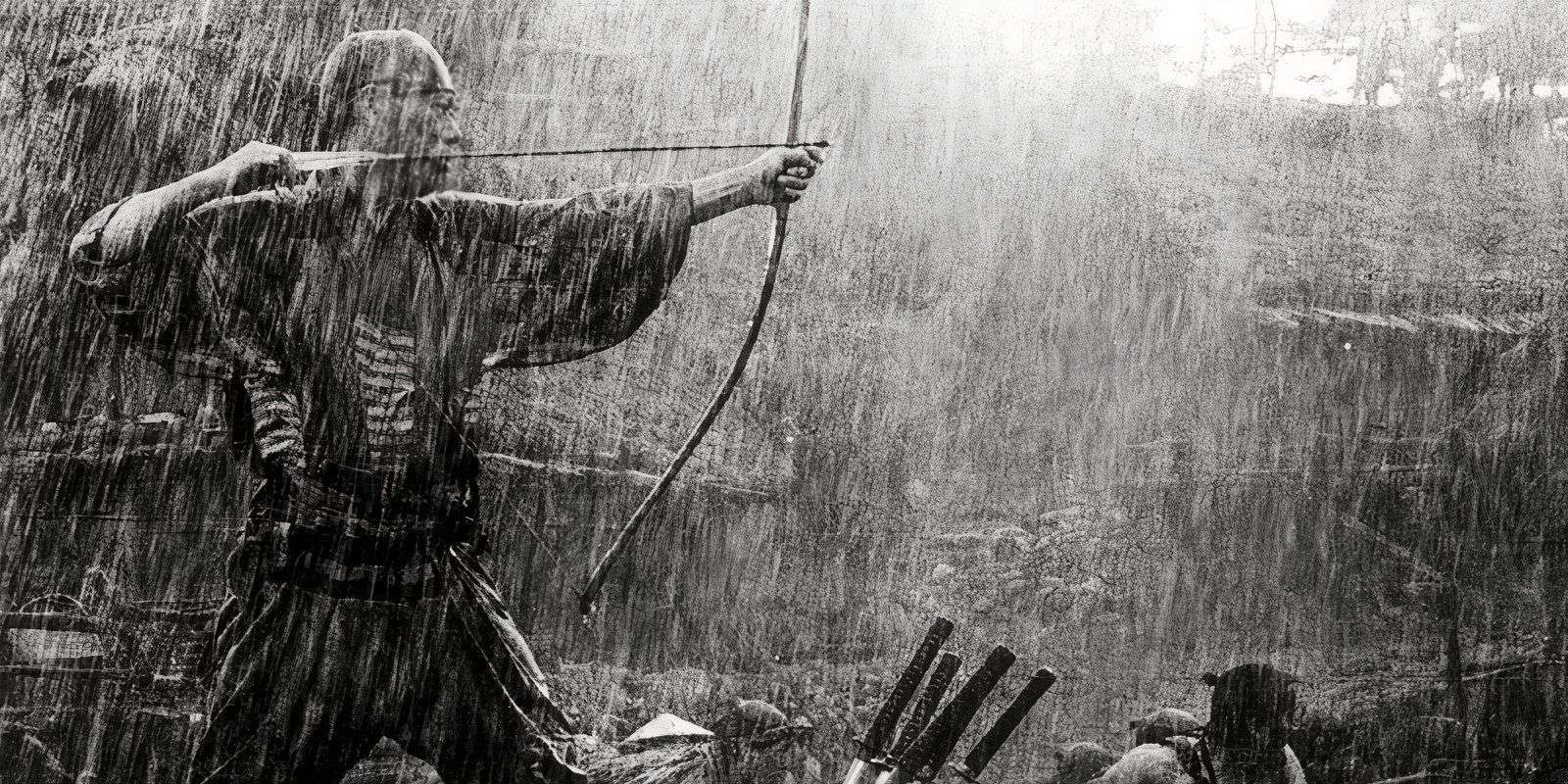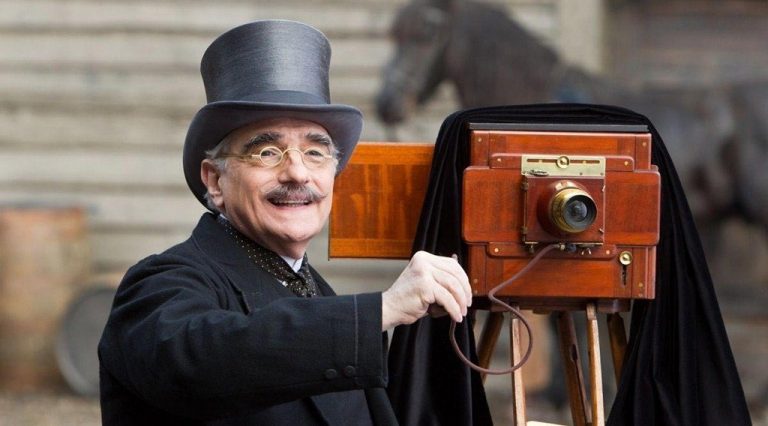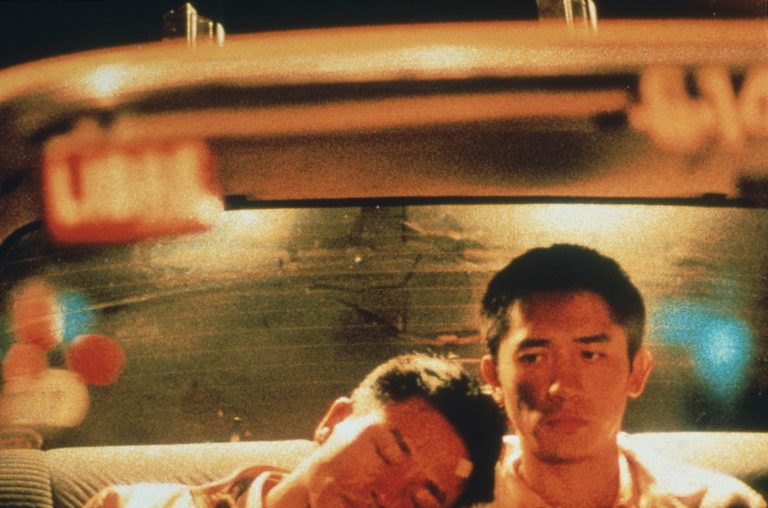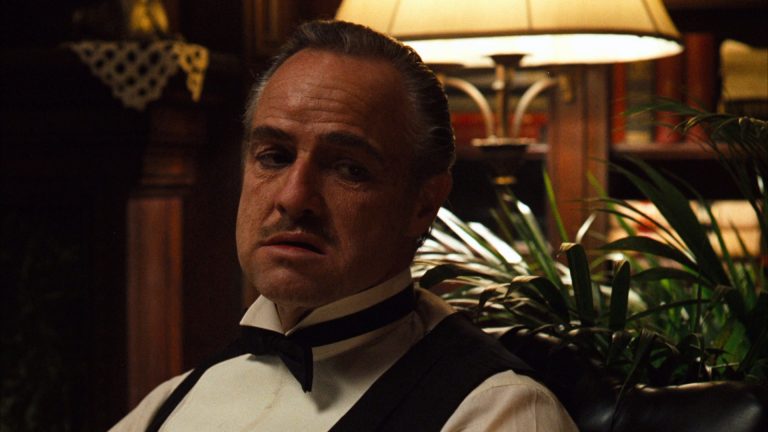Cinema is a profound language of emotion and storytelling; few understand this as deeply as Denis Villeneuve. His curated selections for the Criterion Collection reveal a director’s intimate connection with transformative filmmaking. These choices span decades and continents, showcasing films that challenge narrative conventions, explore human complexity, and push artistic boundaries. Villeneuve’s picks are not mere recommendations but a masterclass in cinematic appreciation—each film is a testament to storytelling’s power to illuminate the human experience.
1. Three Colors: Blue (Krzysztof Kieślowski)
Kieślowski’s masterpiece represents cinematic poetry in motion. Denis Villeneuve is captivated by its meticulous artistic synthesis—the delicate interplay between visual composition, emotional narrative, and musical score. The film explores grief through a devastatingly intimate lens, tracking a woman’s journey of loss and eventual emotional reconstruction. Its visual language transcends traditional storytelling, creating a symphonic experience that moves viewers at a profound, almost cellular level.
2. Through a Glass Darkly (Ingmar Bergman)
The Psychological exploration by Ingmar Bergman delves into the complex dynamics of familial trauma and artistic consciousness. Villeneuve is particularly struck by its nuanced portrayal of an artist’s potentially parasitic relationship with human suffering. The film dissects the moral ambiguities of creative pursuit, examining how personal anguish becomes artistic material. Its intimate chamber drama reveals the intricate psychological landscapes where personal pain and creative expression intersect.
3. Che (Steven Soderbergh)
Unlike a traditional biographical film, Soderbergh’s epic provides a granular examination of revolutionary leadership. Villeneuve praises its meticulous historical research and innovative narrative structure. The film deconstructs the mythology of Che Guevara, presenting a complex portrait of revolutionary struggle through rigorous, almost documentarian precision. Benicio del Toro’s performance transforms historical documentation into a profound character study.
4. The Wages of Fear (Henri-Georges Clouzot)
A masterclass in tension and visual storytelling, this film represents pure cinematic tension. Villeneuve admires its ability to communicate narrative through visual language alone. The story of truck drivers transporting volatile explosives becomes a metaphorical journey of human endurance. Clouzot transforms a seemingly simple premise into a profound exploration of human resilience, masculinity, and existential risk.
5. Europa (Lars von Trier)
Von Trier’s hypnotic exploration of post-war Germany represents radical cinematic reinvention. Villeneuve is fascinated by the film’s playful deconstruction of traditional narrative codes. Europa challenges viewers’ perceptions of storytelling by blending historical reflection with surreal stylistic choices. Its innovative approach reveals cinema’s potential to simultaneously disorient and enlighten, creating a unique viewing experience.
6. Satyricon (Federico Fellini)
Fellini’s avant-garde adaptation of ancient Roman literature transcends conventional narrative. Villeneuve is particularly moved by its shocking opening sequence and dreamlike aesthetic. The film transforms historical source material into a hallucinatory visual poem, challenging traditional representations of classical narratives. Its bold artistic vision reveals the potential of cinema to reimagine historical and mythological experiences.
7. Seven Samurai (Akira Kurosawa)
Kurosawa’s epic represents the pinnacle of action cinema’s artistic potential. Villeneuve especially highlights its revolutionary use of slow motion, demonstrating how technical innovation can elevate storytelling. Beyond its technical mastery, the film offers a complex exploration of honor, community, and individual sacrifice. Its influence extends far beyond Japanese cinema, reshaping the global understanding of narrative choreography.
Bonus Recommendation: Le Mystère Picasso – A documentary that Villeneuve considers a supreme exploration of the creative process, transforming artistic documentation into a narrative of suspense and discovery.

